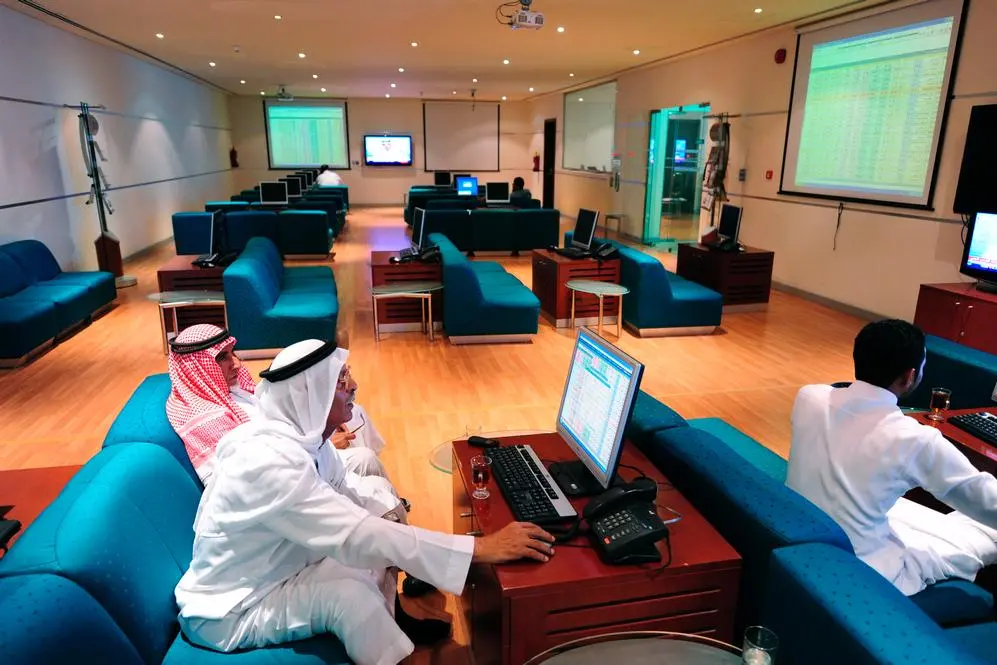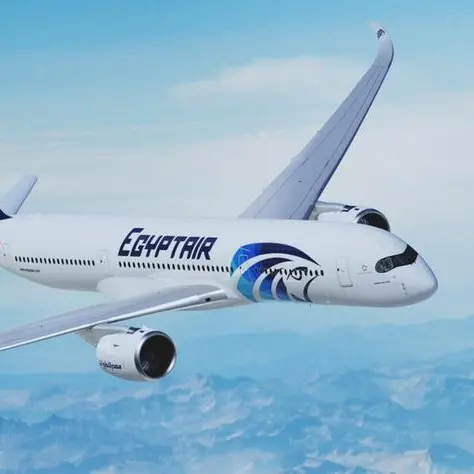PHOTO
Kuwait biggest contributor among GCC
KUWAIT CITY: Led by Kuwait, some of the Gulf countries are showing exceptional generosity in funding vital infrastructure projects in Bahrain. This is crucial in the light of extraordinary budgetary shortfall projected for fiscal years 2015 and 2016.
Recently, Bahrain's legislative branch approved the budgets for 2015 and 2016 with a deficit of nearly $4 billion for each fiscal year. This is significant by virtue of comprising nearly 40 per cent of the total spending for each fiscal year.
Consequently, the possibility of reduction in total spending during the two-year budget could not be ruled out to check the sizeable revenue gap. In effect, the deficit constitutes about 6 per cent of the gross domestic product (GDP) for both years. The figure is not sustainable, especially when compared to actual results of the past year. The final stats for 2014 show deficit at around $1.2 billion, in turn making up around 13 per cent of total spending and 3.6 per cent of GDP. Any reduction in spending could emerge in non-recurrent expenditures, as it would not be feasible or politically-sensitive for the authorities to press for a drop in current spending like salaries of public sector employees.
Thus, where possible, officials may opt to put on hold development projects. Hence, the significance of the Gulf's Development Fund, designed to make available $10 billion over a span of 10 years. The scheme was approved in 2011 with the aim of providing funding for development projects in Bahrain and Oman. The two GCC member states experienced social upheavals in early 2011 on the back of the Arab Spring. In recent months, Bahrain authorities secured funding for essential infrastructure projects.
In April and July, Kuwait offered multimillion dollar funding for two mega road development schemes to the east and west of the capital Manama. In April, Kuwait -- via the Kuwait Fund for Arab Economic Development -- provided $196 million to construct and revamp critical road networks leading to a new residential project known as the Northern Town. The work involves new flyovers and fresh avenues as well as a facelift for existing ones to handle traffic movement leading to and from the town, located to the west of Manama. And in July, Kuwait offered $124 million to replace two major roundabouts with innovative flyovers. The project is located to the east of Manama along the sides of Shaikh Jaber Al Ahmad Al Sabah highway, named after the late Amir of Kuwait.
The scheme is designed to transform the Alba roundabout into a three-level interchange and the Nuwaidrat roundabout into a two-level interchange. The Alba roundabout is a key junction for Aluminium Bahrain, in turn the major industrial undertaking in the country by producing and exporting billets, liquid metal, ingots, and rolling lab among other aluminium products. Alba emerges as the second largest source of exports for Bahrain after oil. In turn, the Nuwaidrat roundabout serves Bahrain's primary industrial areas. What's more, Kuwait is expected to contribute for the expansion for a major sewage treatment plant. It is suggested that the expansion of the Tubli scheme is essential to overcome overloaded sewage infrastructure.
© Arab Times 2015





















